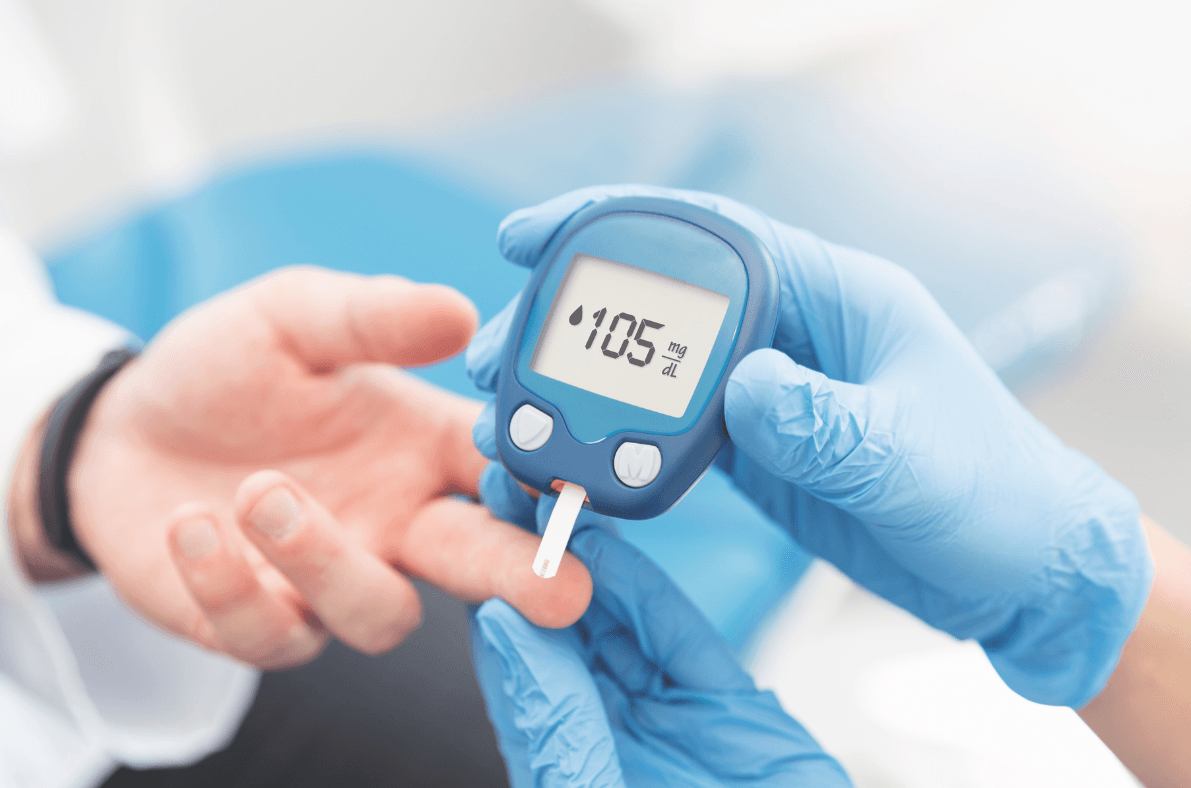It happens every year. Thousands of students leave home for the first time to travel to university in a different city. In the excitement of moving away, making new friends and getting stuck into the university experience, some tasks are forgotten about. One of these is registering with a new local GP.
Read on to find out why it’s very important not to forget to register with a new GP at university.
Why You Should Register
Registering with a local GP enables you to access the right health care whenever you need it. Unless you have a serious issue that requires calling 999 or going to A&E, visiting a GP will normally be the place you need to go for physical or mental health concerns.
Students often become ill much easier than other groups, due to new people from many different places mixing together for the first time. There is a lot of danger from different viruses such as mumps, which can spread quickly through students if unvaccinated. You should make sure your vaccines are up to date before you go to university or immediately after arriving. If you have ongoing health conditions such as asthma, diabetes or epilepsy, it is vital to register to a university GP so you can get guaranteed access to the medicine you need.
Most UK based students will already be registered at their home GP, but we recommend you swap to a GP that is closer to your university address, as this is where you will spend most of your time. If you go home for holidays and need a GP, it is easy to be seen as a temporary patient or for emergency treatment. If you are an international student who is pursuing a full course of study for longer than six months, you are entitled to register with the NHS, meaning you don’t have to worry about not having access to healthcare.
What To Know When Registering
You need to know a few facts about yourself in order to register at your new GP, so be prepared with this information:
● Your full name and current university address
● Your contact information: mobile or home number or an email address
● The name and address of your home GP
● Your NHS number
● The name and address of an emergency contact
● Your medical history: allergies, medications, general health
Where to Register
For most 1st year students, the most convenient place to register is probably a health centre that is attached to your university. However, once you move away from campus and out into the community, you might find a more convenient local GP near your new accommodation.
If you live in the North London area, register with NHS GP for online GP services. This offers a range of health management tools, GP video consultation and the ability to manage ongoing prescriptions or appointments. For any questions, give us a call on 0208 902 4792 or visit our website now to complete our quick and easy online registration.











